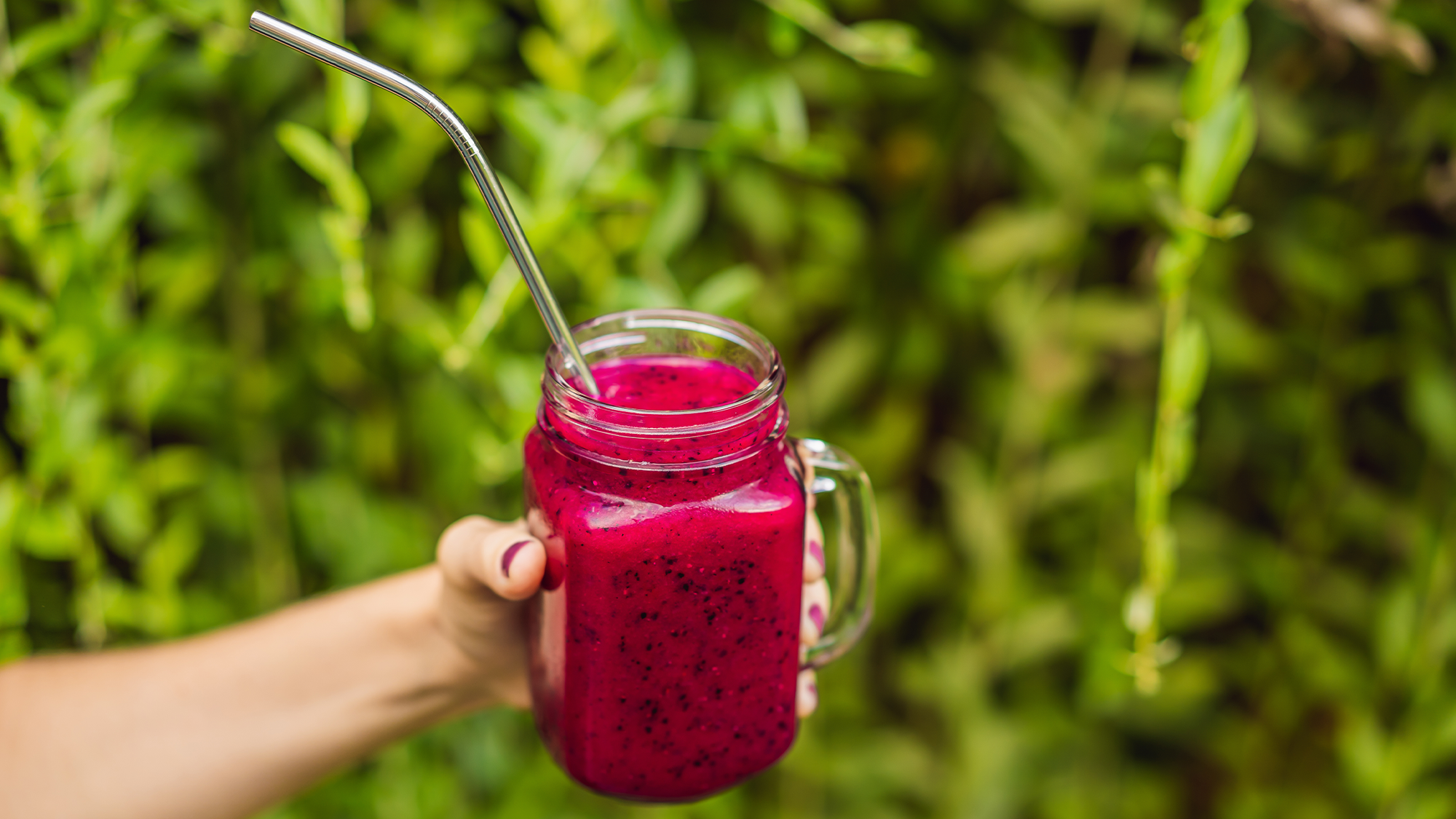

In 2015, a viral image of a sea turtle with a plastic straw up its nose made the single-use plastic item environmental public enemy number one, ushering in the era of the polarizing paper straw. Now, some new research found that paper straws might have some downsides, and not just because they tend to crumble under pressure.
[Related: Did plastic straw bans work? Yes, but not in the way you’d think.]
A small European study that tested 39 brands of straws published August 25 in the journal Food Additives and Contaminants found that some brands of paper straws contain a harmful group of synthetic chemicals known as poly- and perfluoroalkyl substances (PFAS). These ‘forever chemicals’ were found in the majority of the straws tested in the study and were most commonly detected in straws made from paper and bamboo. The plastic straws used in this paper also contained a high number of PFAS and the authors recommended using reusable steel straws instead.
PFAS are found in a wide range of products from non-stick pans to clothing and help make materials resistant to water and stains. They may be harmful to people, wildlife, and the environment, since they break down very slowly and can potentially persist over thousands of years. Multiple studies link the chemicals to various cancers and many vital water sources are contaminated with them. It is estimated that PFAS are in more than 97 percent of Americans’ bodies. Researchers have even found them in breast milk.
A separate 2021 study found PFAS in plant-based drinking straws in the United StatesThe study co-author and University of Antwerp environmental scientist Thimo Groffen and his team wanted to see if the same was true in Belgium.
“Straws made from plant-based materials, such as paper and bamboo, are often advertised as being more sustainable and eco-friendly than those made from plastic,” Groffen said in a statement. “However, the presence of PFAS in these straws means that’s not necessarily true.”
In the study, the team tested 39 brands of drinking straws made from five materials– paper, bamboo, glass, stainless steel, and plastic. A growing number of countries have banned single-use plastic products and plant-based versions are popular alternatives.
The straws were primarily obtained from shops, supermarkets, and fast-food restaurants and underwent two rounds of testing for PFAS. About 69 percent of brands tested in the study (27 brands out of the 39) contained PFAS, with 18 different PFAS detected in total.
Paper straws were the most likely to contain PFAS, with chemicals detected in 90 percent (18 out of 20 brands) of paper straws tested. They were also detected in 80 percent (four out of five brands) of bamboo straws brands, 75 percent (three out of four brands) of plastic straw brands, and 40 percent (two out of five brands) of glass straws. The team did not detect any PFAS in the five brands of steel straws tested.
Perfluorooctanoic acid was the most commonly found forever chemical in the study, however, this PFAS has been banned globally since 2020. They also detected trifluoroacetic acid and trifluoromethanesulfonic acid. These “ultra-short chain” PFAS are highly water soluble which means they could potentially leach out of straws and into drinks.
According to the team, the concentrations of PFAS were low, and since people tend to only use straws occasionally, they pose a limited risk to health. However, PFAS can remain in the body for several years and their concentrations can build up.
[Related: 3M announces it will cease making ‘forever chemical’ PFAS by 2026.]
“Small amounts of PFAS, while not harmful in themselves, can add to the chemical load already present in the body,” said Groffen.
It is not known if the PFAS were added to the straws for waterproofing when they were being manufactured or if it was a result of contamination from a different source. Some sources of contamination could be the soil that the plant-based materials were grown in and the water used during the manufacturing process.
However, since PFAS were present in almost every brand of paper straw that the team tested it is likely that it was used as a water-repellent coating in some cases, according to the authors. The team says that some of the study’s other limitations include not looking at if the PFAS would leach out of the straws and into liquids.
“The presence of PFAS in paper and bamboo straws shows they are not necessarily biodegradable,” Groffen said. “We did not detect any PFAS in stainless steel straws, so I would advise consumers to use this type of straw–or just avoid using straws at all.”
